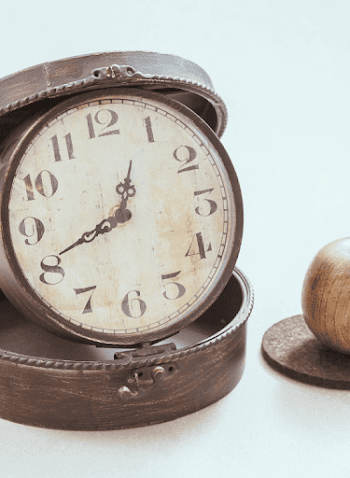One of the top requests I get from genealogists is help doing research planning. I know this was a topic I was always looking for help with even after I was a professional.
Last week I started talking about Research Plans but today I want to flesh it out and the freebie(s) in the Family History Month 2019 Collection will help you do that.
Today I provided a printable and a digital "Plan to Notes to Report" template. What is this and why would you want it?
This is the template that I consider makes genealogy as fast and efficient as possible. The fastest way to (correctly) do genealogy is to keep your notes on a computer (as in only use a computer---I know that's not always possible but I'm just saying that makes the research process as fast as possible without cheating).
The template is about reducing the amount of work you redo (before we used computers you would have had to redo much of this work and even before you could take a portable device to a repository, you would have been redoing work).
Where I'm suggesting you'll save time is by planning your research (which you should always do). Then take your notes directly on your plan. That's how this template is set-up. The printable version is designed so you can print multiple generic note pages, even, while still making this part of your plan, not just note-taking.
Now here's where this gets really efficient. You should turn this plan/notes into your report. If you don't know what a report is or the concept scares you, summarize the results of your research session. The template will help you know what to do.
The skeleton of the genealogical research process is plan - research (i.e. take notes) - report - repeat. This template just simplified all of that into one template.
RELATED: I previously wrote about a Research Plan template with analysis. Read that post, here.
There are other important tasks involved in quality genealogical research. One is keeping track of your research (think research logs) which is tomorrow's topic. My favorite part is analysis and correlation which fits into the research and reporting steps (and sometimes the planning step, when you're reviewing your report/summary). There isn't one way to do analysis and correlation so that can't be completely included in a single template.
RELATED: Learn a little about simple Census Correlation in these posts. Using census instructions, Evernote template, census correlation.
Last week I started talking about Research Plans but today I want to flesh it out and the freebie(s) in the Family History Month 2019 Collection will help you do that.
Today I provided a printable and a digital "Plan to Notes to Report" template. What is this and why would you want it?
This is the template that I consider makes genealogy as fast and efficient as possible. The fastest way to (correctly) do genealogy is to keep your notes on a computer (as in only use a computer---I know that's not always possible but I'm just saying that makes the research process as fast as possible without cheating).
The template is about reducing the amount of work you redo (before we used computers you would have had to redo much of this work and even before you could take a portable device to a repository, you would have been redoing work).
Where I'm suggesting you'll save time is by planning your research (which you should always do). Then take your notes directly on your plan. That's how this template is set-up. The printable version is designed so you can print multiple generic note pages, even, while still making this part of your plan, not just note-taking.
Now here's where this gets really efficient. You should turn this plan/notes into your report. If you don't know what a report is or the concept scares you, summarize the results of your research session. The template will help you know what to do.
The skeleton of the genealogical research process is plan - research (i.e. take notes) - report - repeat. This template just simplified all of that into one template.
RELATED: I previously wrote about a Research Plan template with analysis. Read that post, here.
There are other important tasks involved in quality genealogical research. One is keeping track of your research (think research logs) which is tomorrow's topic. My favorite part is analysis and correlation which fits into the research and reporting steps (and sometimes the planning step, when you're reviewing your report/summary). There isn't one way to do analysis and correlation so that can't be completely included in a single template.
RELATED: Learn a little about simple Census Correlation in these posts. Using census instructions, Evernote template, census correlation.









